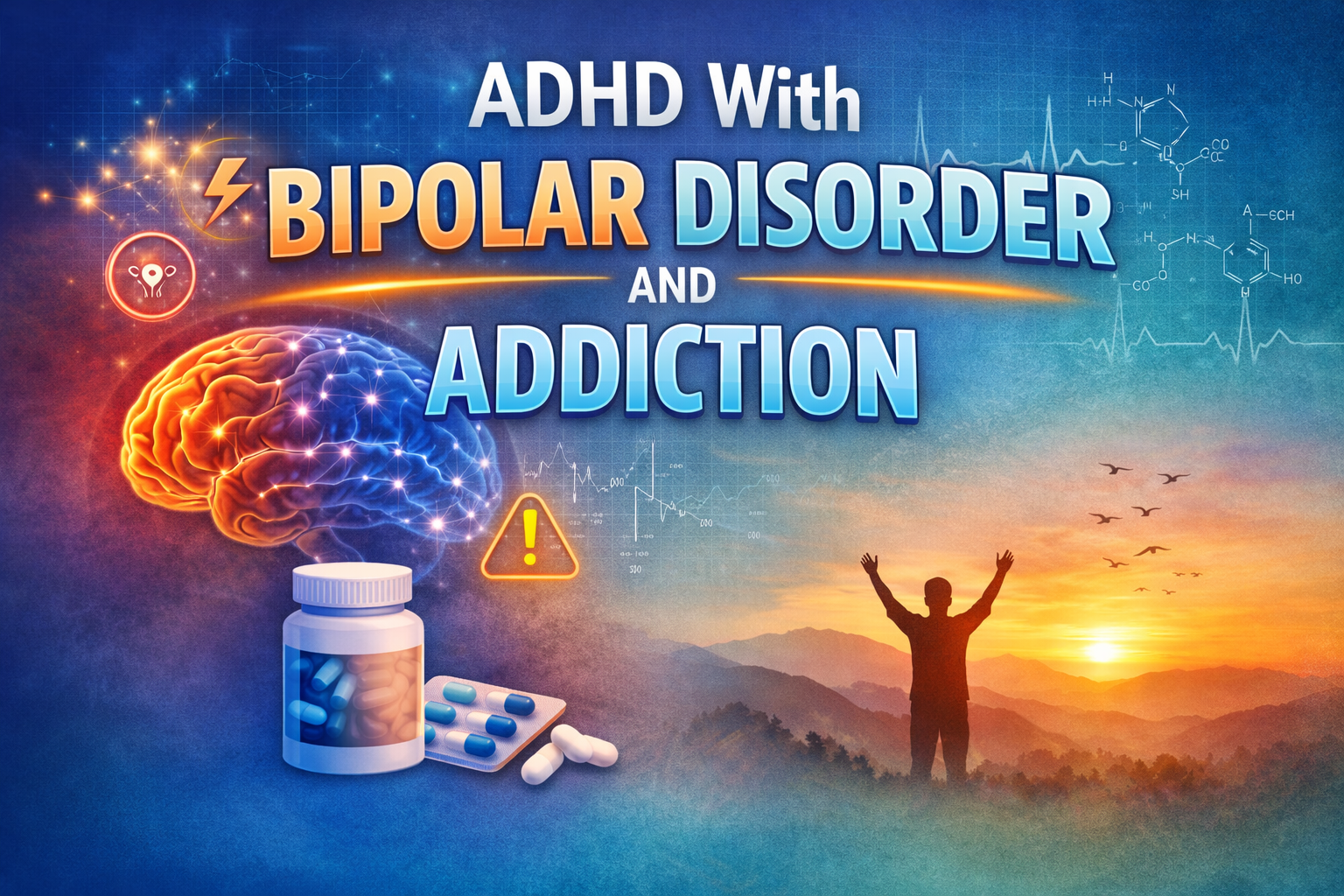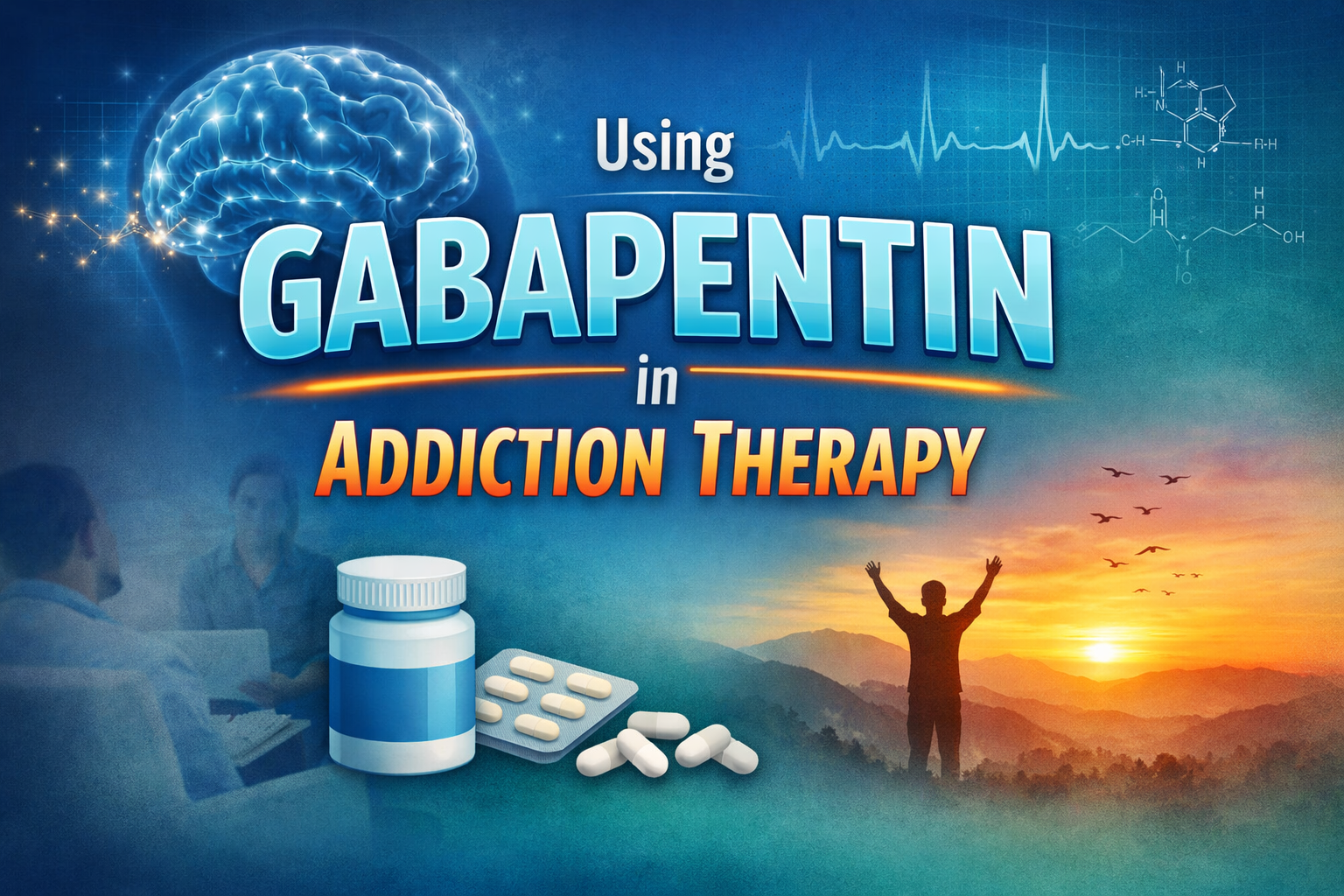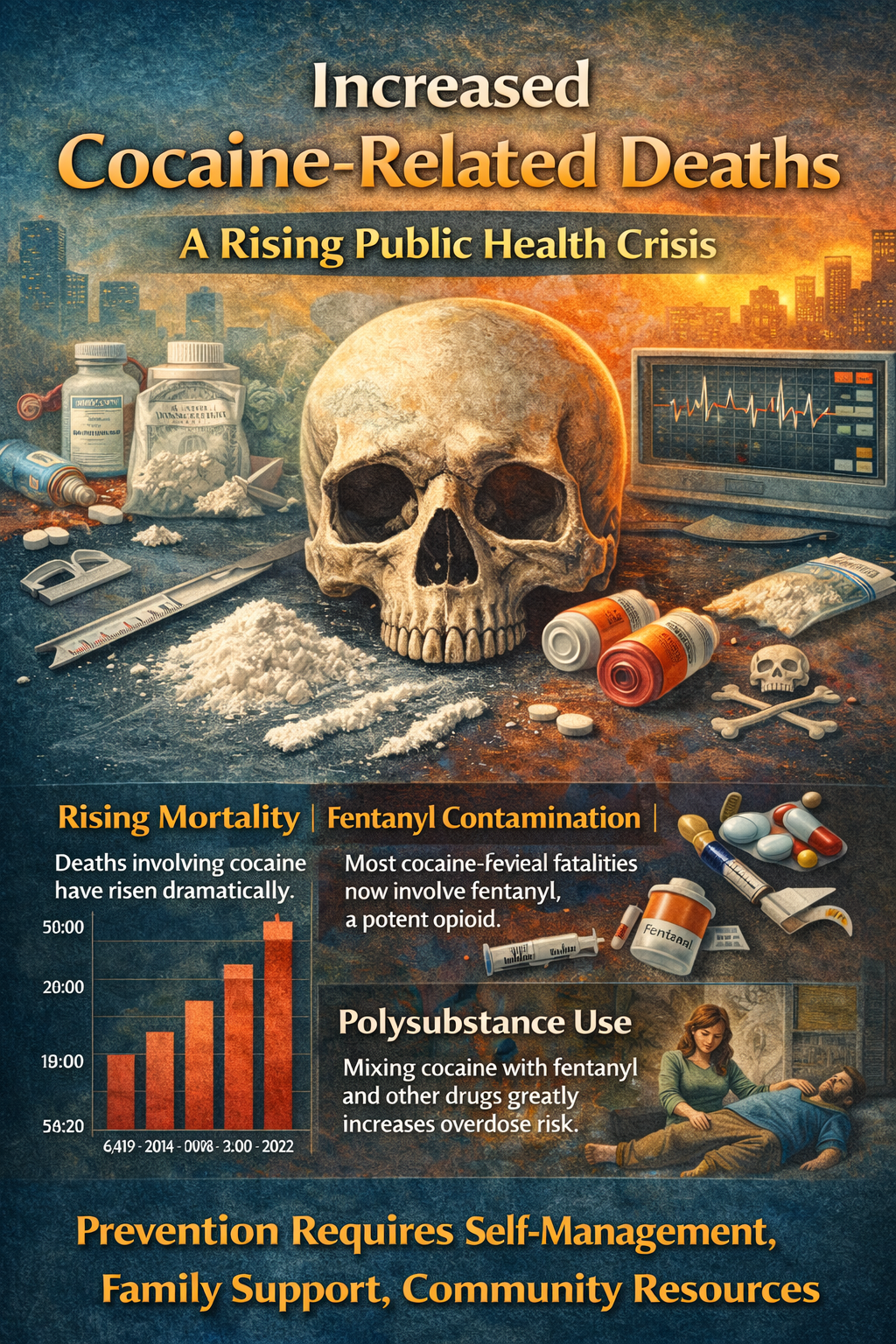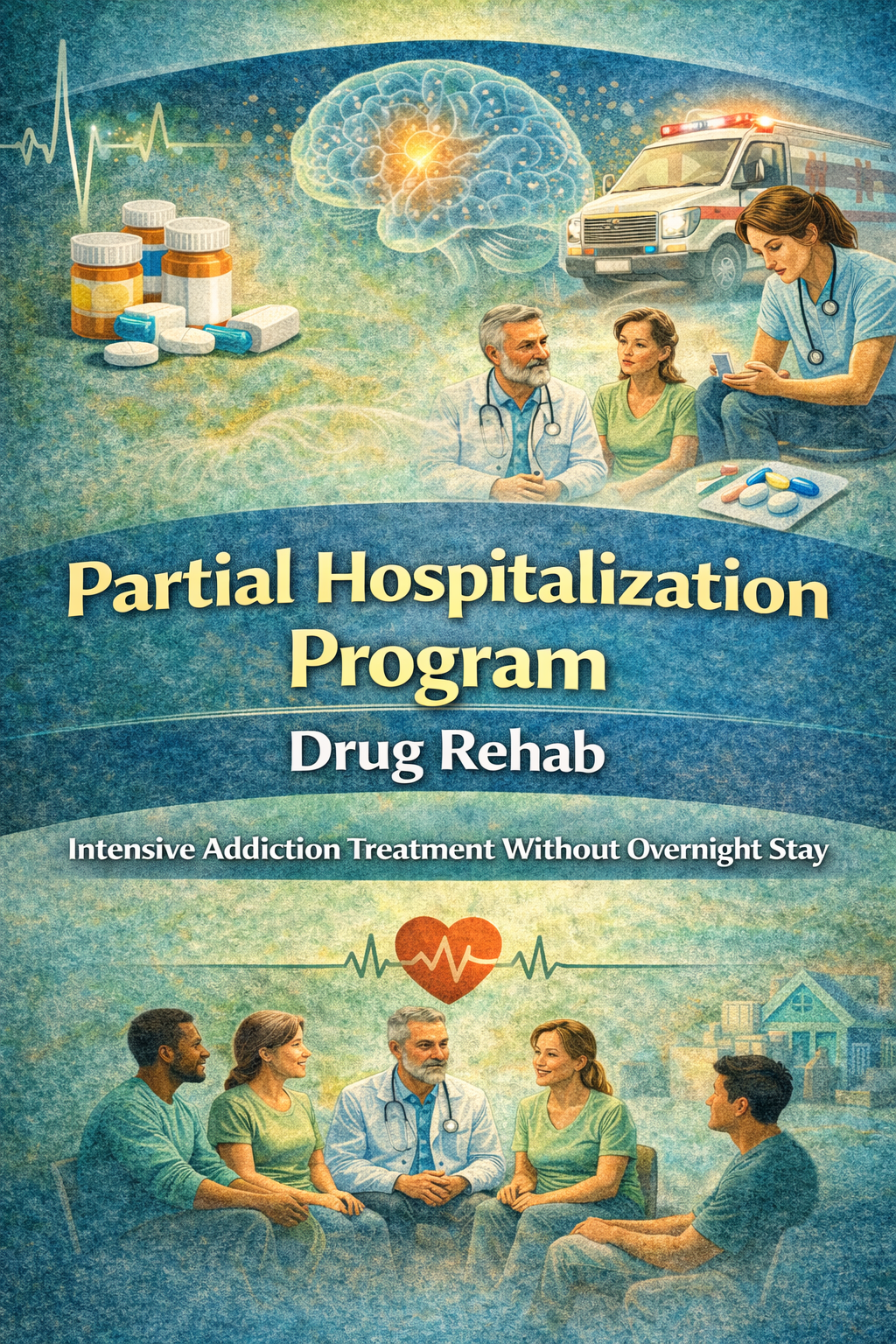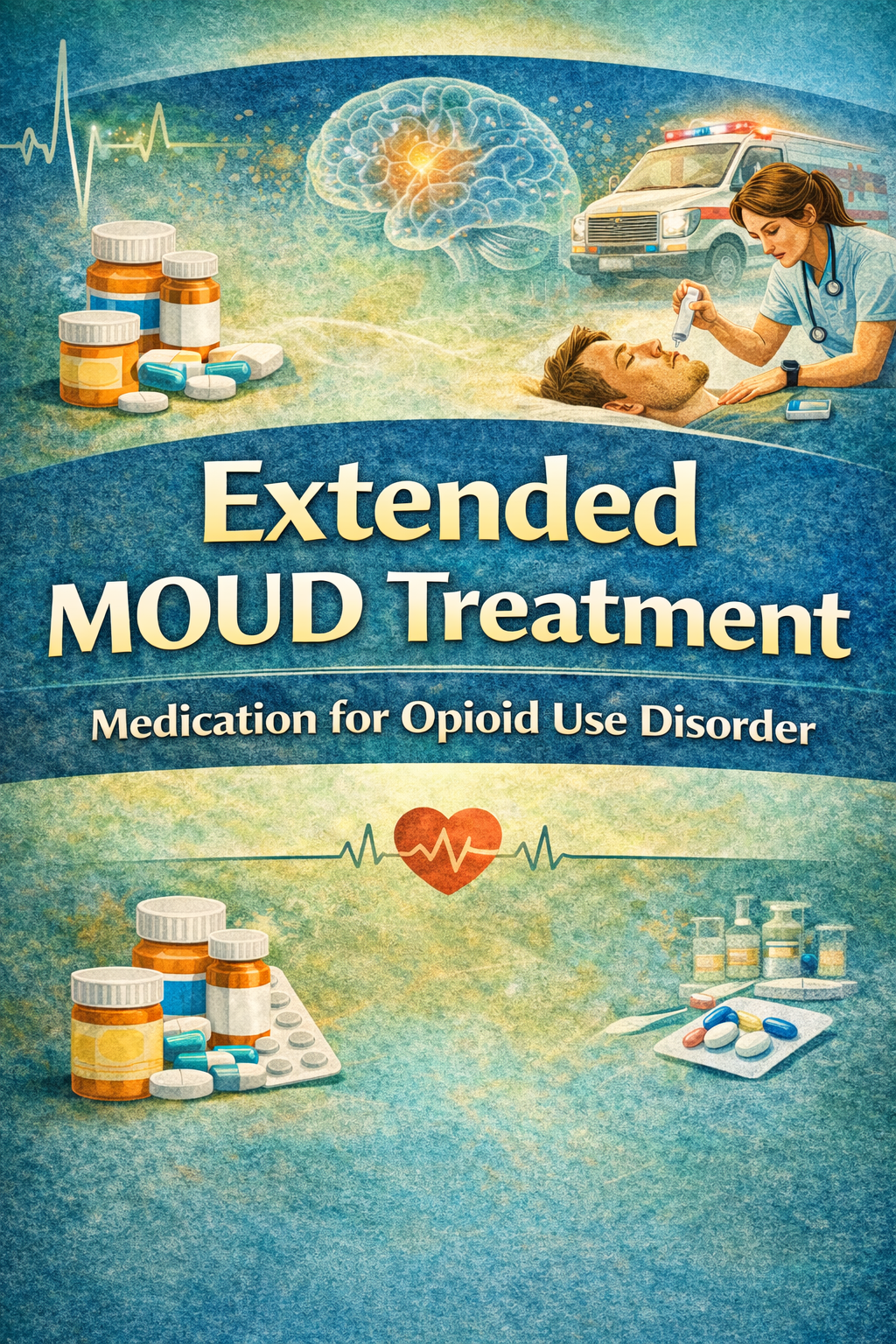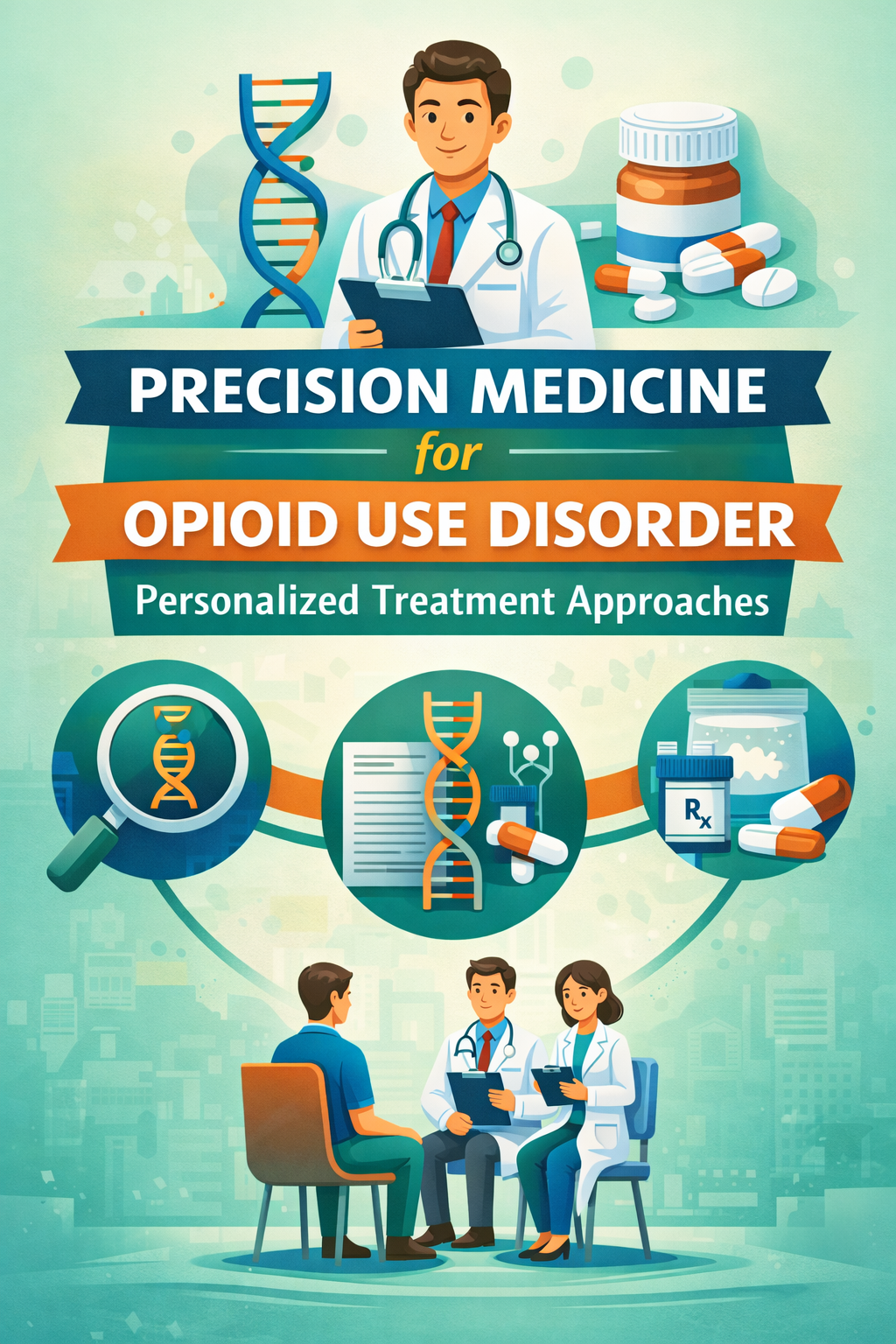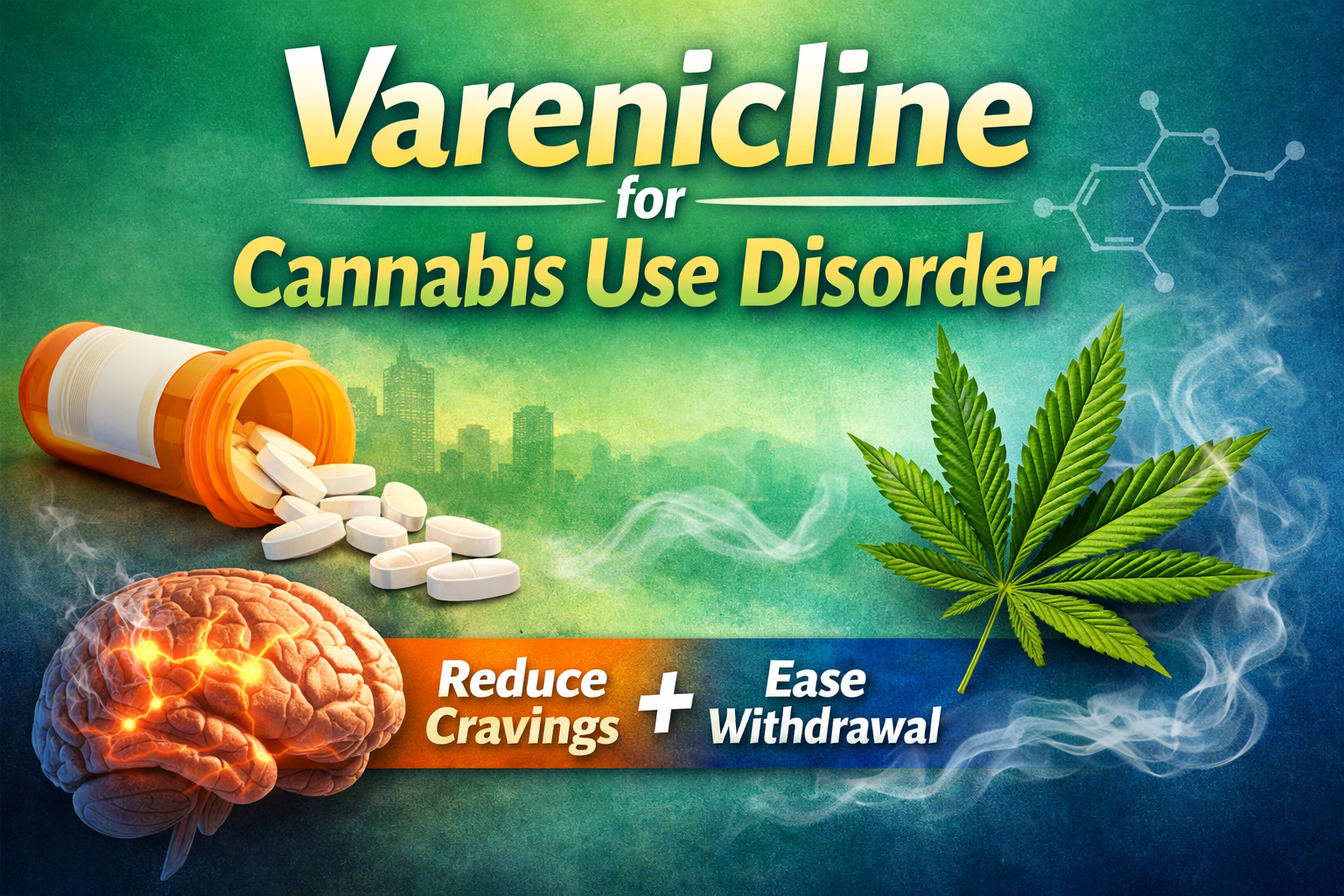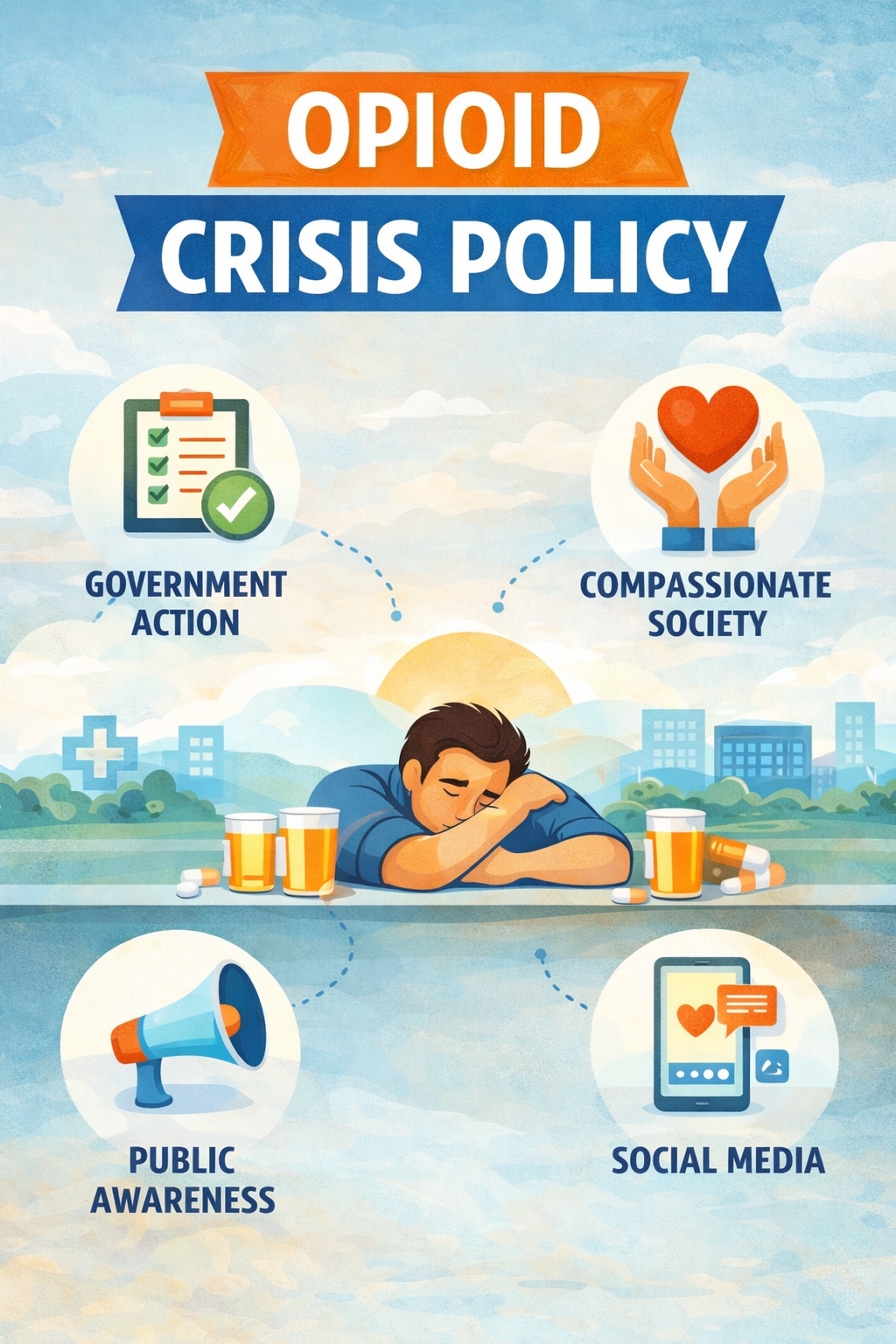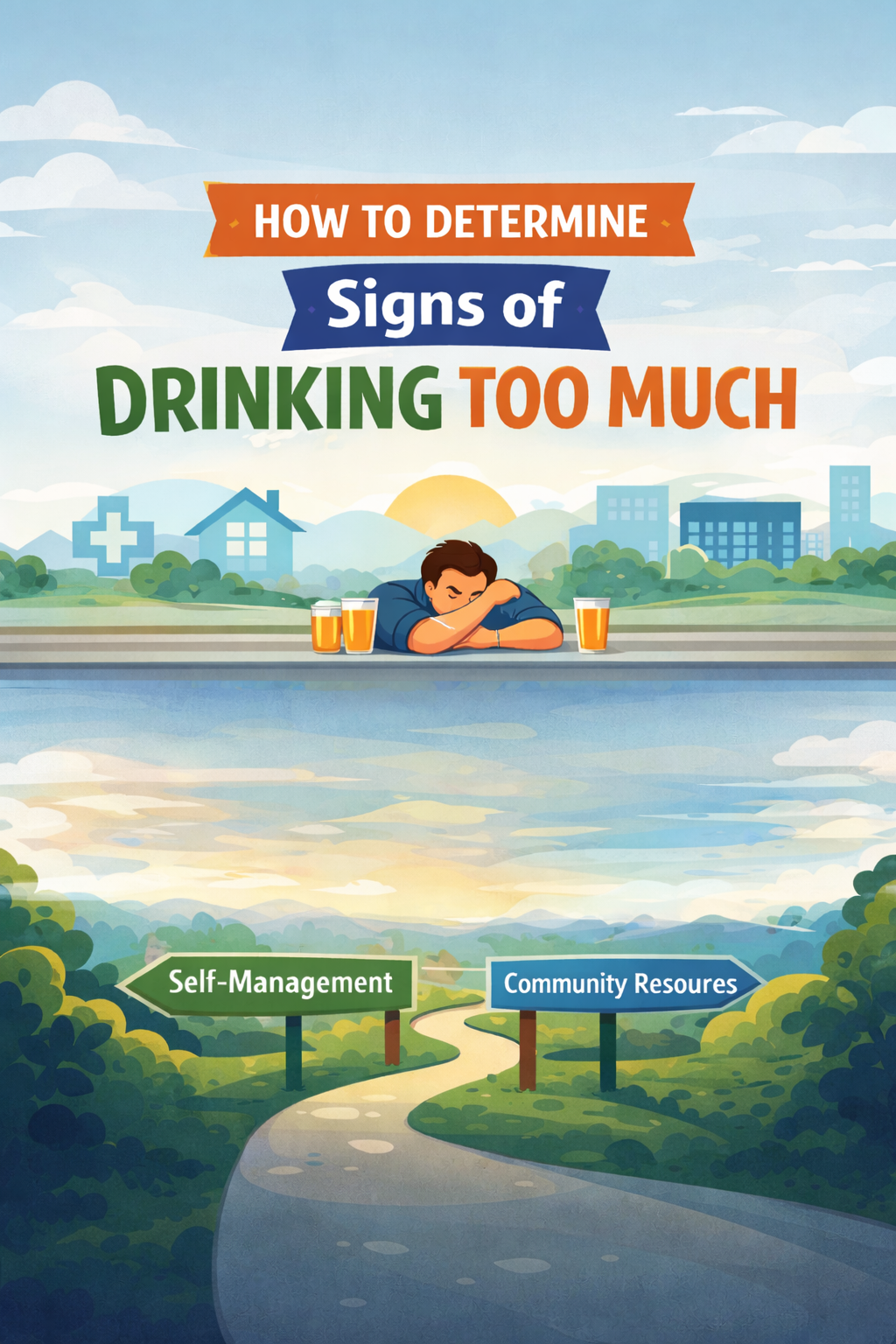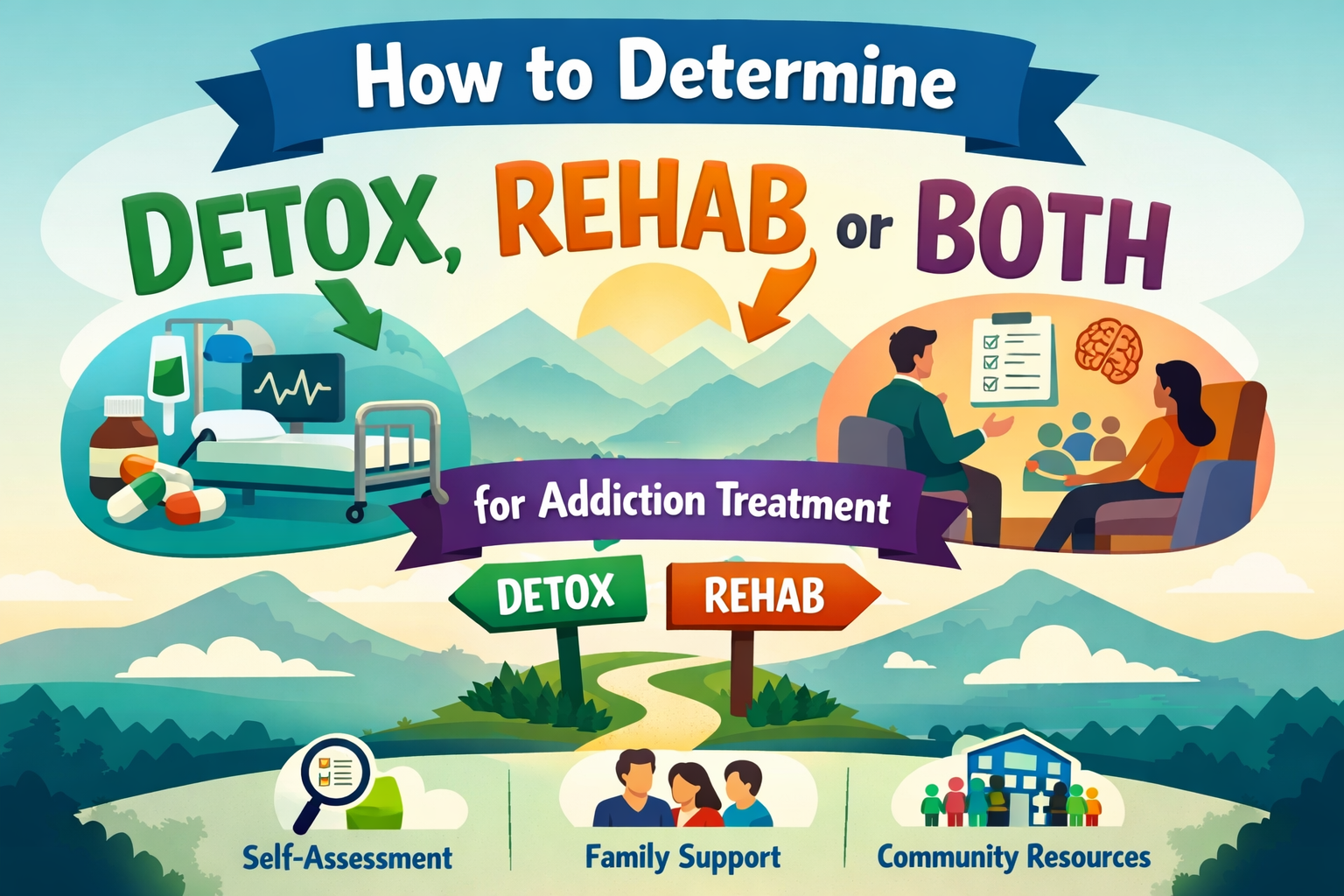ADHD–Bipolar–Addiction Link
ADHD, bipolar disorder, and addiction form a powerful and often overwhelming combination of co-occurring conditions. ADHD affects attention, impulsivity, and self-regulation, while bipolar disorder brings cycles of depression and mania that destabilize mood and behavior. When addiction enters this picture, substance use can become a way to self-medicate distress, intensify impulsive actions, and disrupt brain … Read more
